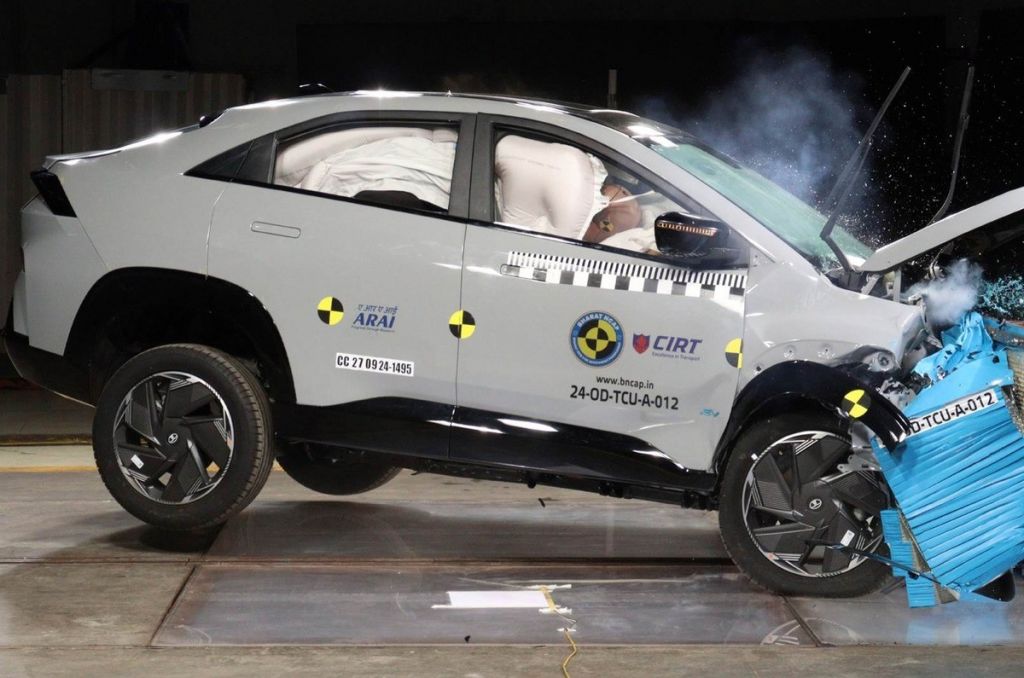
Development of Bharat NCAP 2.0 is officially underway at the Automotive Research Association of India (ARAI). The confirmation comes from Ujjwala Karle, Deputy Director and Head of ARAI's Technology Group, who stated at the second iteration of the ADAS Show in Bengaluru, "We are working towards creating this new version [of Bharat NCAP], with work already in progress."
- Bharat NCAP 2.0 is officially in the works
- The evolved crash safety assessment standard will test ADAS features
- Many major carmakers offer ADAS, but ARAI demands better tuning for Indian roads
Bharat NCAP 2.0 ADAS testing explained
As the next evolution of India’s automotive safety assessment program, Bharat NCAP 2.0 will expand its testing capabilities to Advanced Driver Assistance System (ADAS) features, which are becoming more commonplace in newer cars. Carmakers like Hyundai, Kia, MG, Tata, Honda, and Mahindra currently offer some of the most affordable cars equipped with ADAS features, and this list is only set to grow over time.
ADAS tuning needs to be improved for India, says ARAI
ADAS is an umbrella term encompassing intelligent vehicle features designed to aid drivers, such as lane-keep assist, adaptive cruise control, automatic emergency braking, etc. At present, ADAS features are offered at up to Level 2 autonomy in India. However, Karle noted that the key challenge with ADAS systems "lies in adapting these features for Indian use cases." She added, "We don’t want these systems to exist merely for the sake of availability, only to be switched off when actually needed. Instead, they should be fine-tuned to suit Indian driving conditions and user expectations."
What is Bharat NCAP?
Formulated by ARAI and rolled out in April 2023, the Bharat New Car Assessment Program (NCAP) follows the Global NCAP standards and grades passenger vehicles based on crash test performance. The initiative also improves the export potential of vehicles manufactured by Indian carmakers. So far, 14 cars have been tested by Bharat NCAP, such as the Skoda Kylaq, Mahindra XUV 9e, Mahindra BE 6, Hyundai Tucson, Citroen Basalt, and more.
Also see: